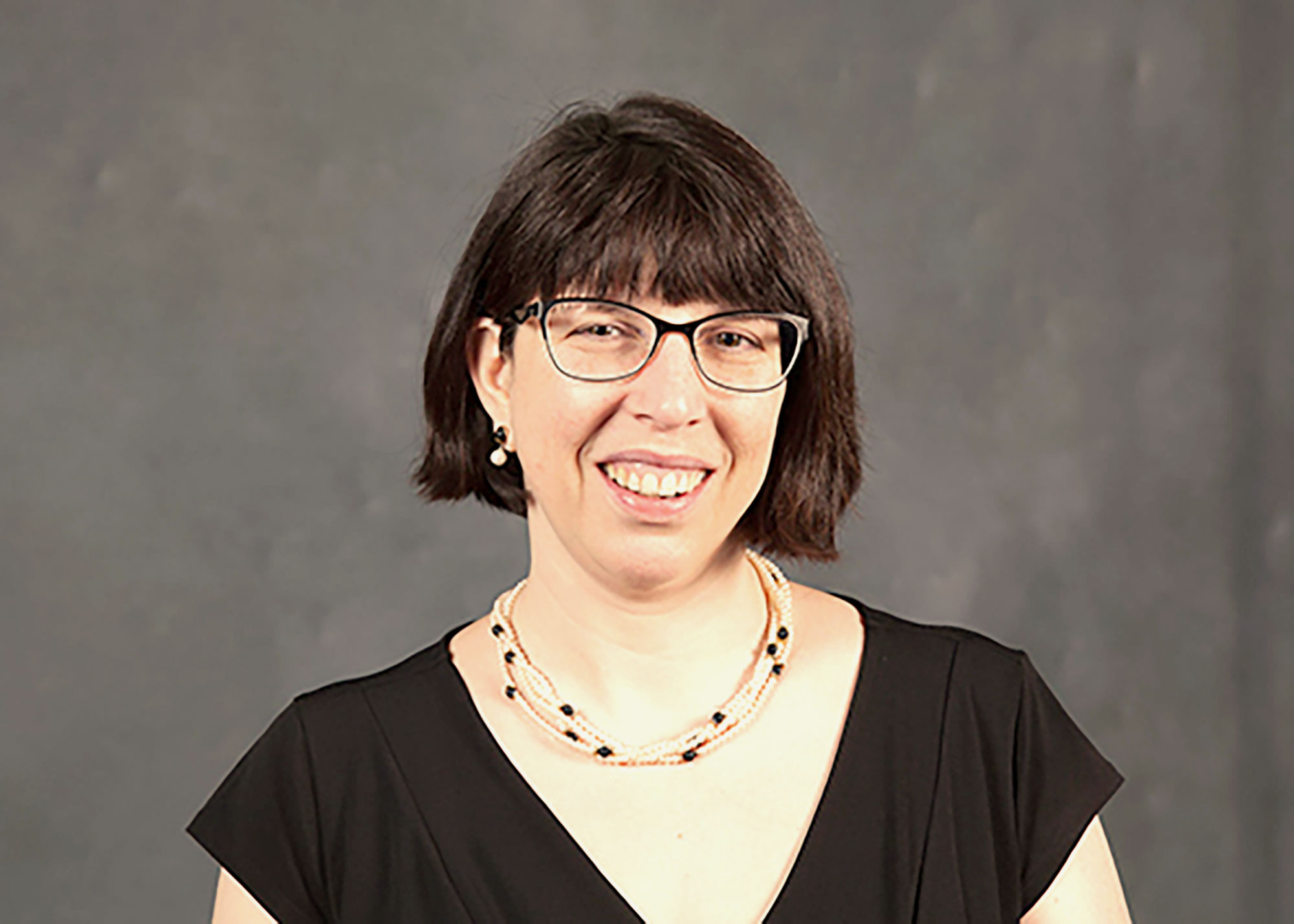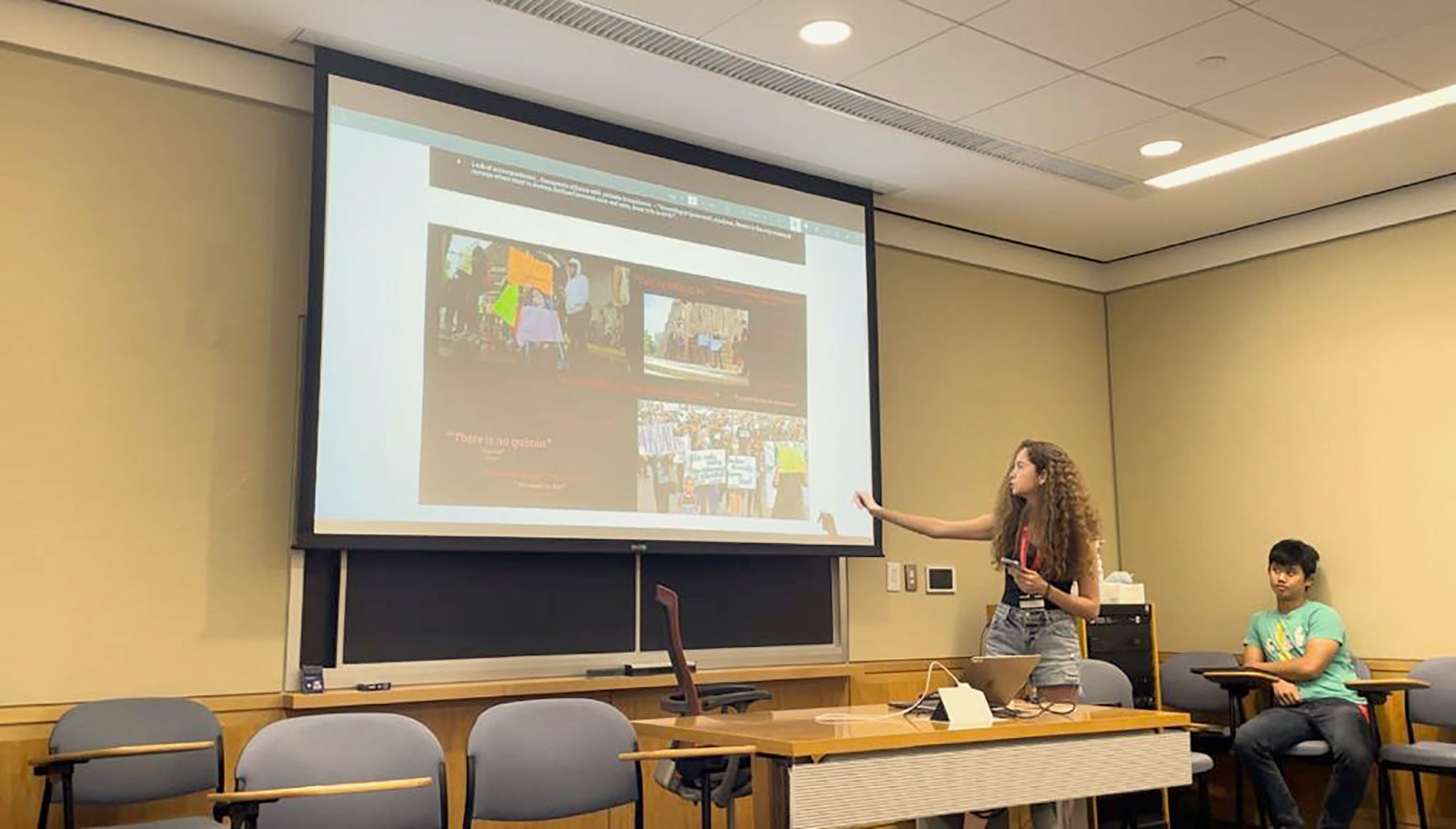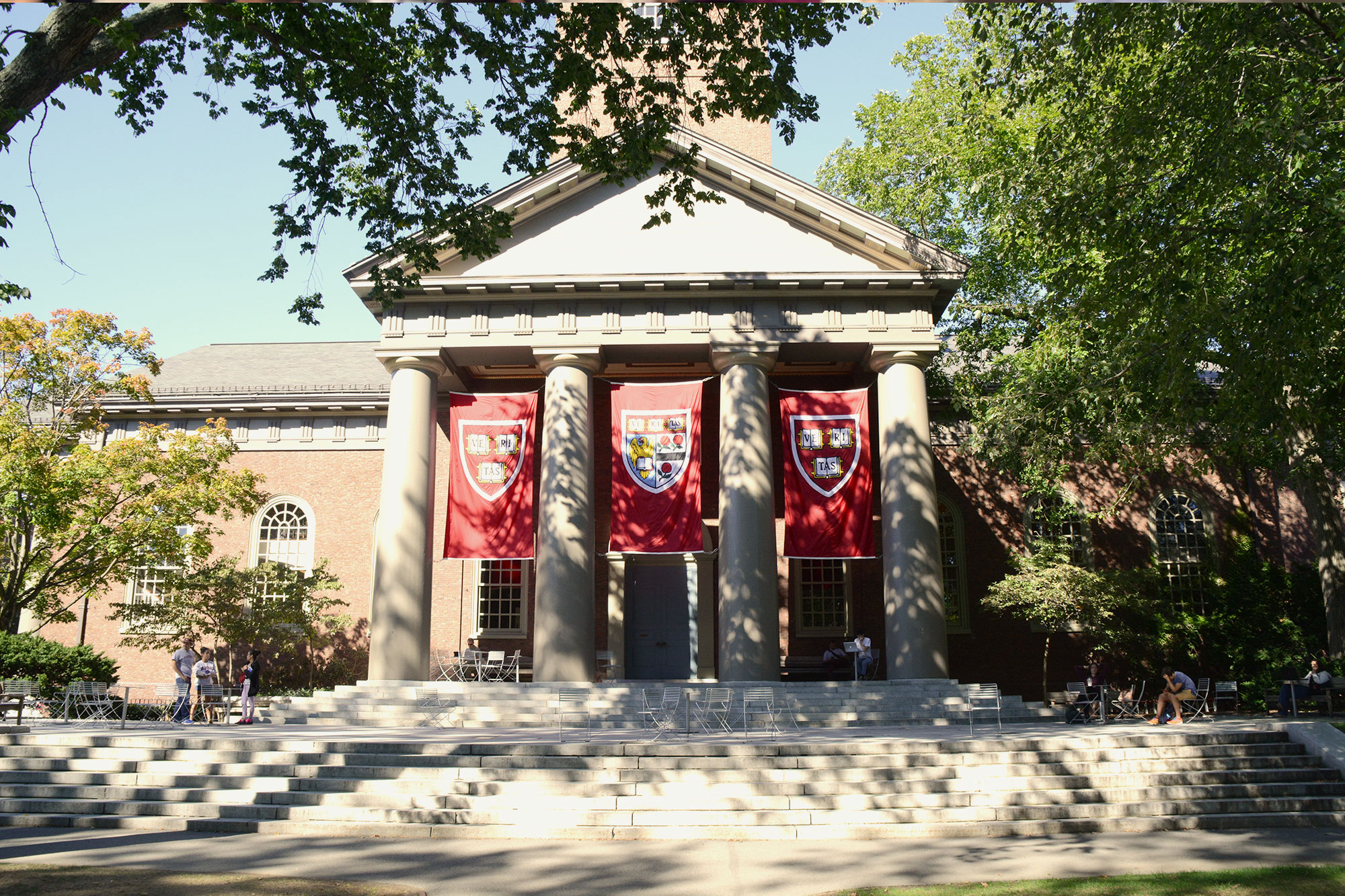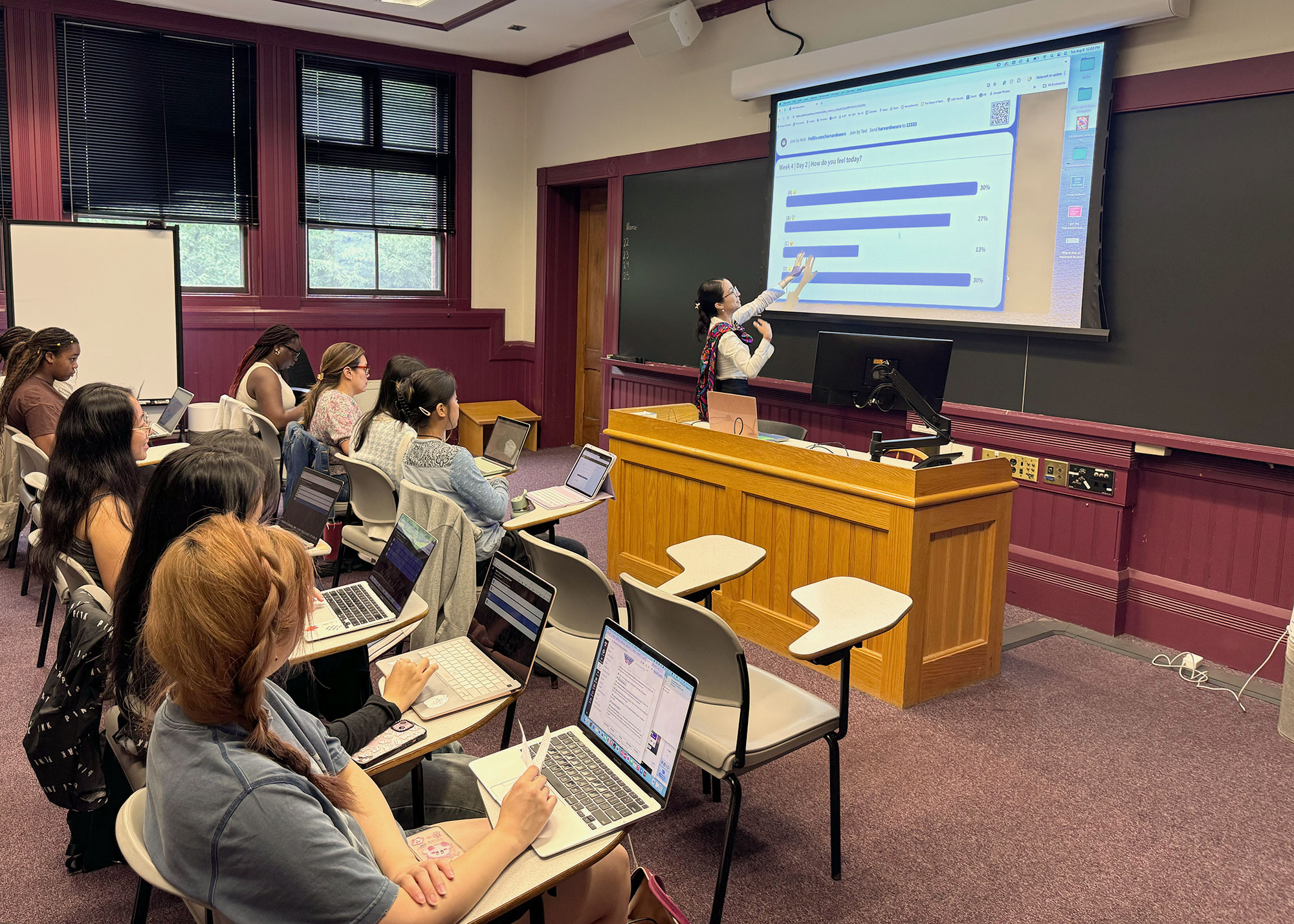On this page
July 2024 marked the 10th anniversary of Harvard’s Pre-College Program. Director of the program Dr. Jacqueline T. Newcomb shared her learnings and memories from the past decade, as well as her aspirations for the future.
What’s your favorite part of being Program Director?

My favorite part of being the Harvard Summer School (HSS) Pre-College Program Director is selecting courses that will inspire and excite students. I want students to engage in learning for learning’s sake without the pressure of letter grades, while allowing instructors to challenge them by offering college courses specifically designed for this program.
I also really enjoy working with new instructors to create courses that mirror the Harvard curriculum but are not typically taught in high schools such as astrophysics, neurobiology, and philosophy.
How has the program changed since its first year?
Ten years ago, it was much smaller, with only nine courses and 90 students per session.
Over the years, we’ve expanded our course catalog tremendously, now offering more than 100 courses across a wide range of academic disciplines. We tripled enrollment in year two and in the following year, doubled the course capacity — and we have grown even more in subsequent years!
We’ve extended our reach to talented students who may not have the financial means to participate otherwise and were able to offer financial aid to domestic students. We’ve also established relationships with numerous non-profit community-based organizations to provide need-based scholarships.
The growth and enhancements have allowed us to share this unique Harvard experience with even more exceptional high school students from around the world.
What challenges has the program overcome?
One of our biggest recent challenges was transitioning our residential program to fully online during the COVID-19 pandemic. Like many other programs, we had to quickly reimagine how to deliver the exceptional academic experience and build community remotely.
While it was certainly not the same as gathering on campus, we were thrilled to still offer rigorous academic coursework and learning opportunities to our students. Our staff also worked hard to foster interaction and a sense of belonging through virtual co-curricular activities like our Passport Program events.
Another challenge was coordinating activities and courses across different time zones since our students were participating from around the world. This required creative scheduling of synchronous sessions, and we found ways to make the online community work despite these time differences.
Although it was a major transition, receiving such positive evaluations showed we succeeded in providing an engaging academic summer even under remote conditions. I’m proud of how our team rose to the occasion to ensure motivated students could continue benefiting from the Pre-College Program experience amidst the pandemic.
What are you most proud of from the 10 years of the Pre-College Program?
I’m most proud of the thousands of students who have benefited from this program during the past decade. Oftentimes, I describe this intensive experience as transformative, and students and families wonder how two weeks can make that much difference.
Then, I meet former students and they tell me the HSS Pre-College Program propelled them to the next level of academic and personal success. They appreciate the emphasis on learning and developing both inside and outside of the classroom. It’s incredibly gratifying to see the impact the Pre-College Program has had in inspiring so many motivated students.

I was so moved by all the concepts we explored that I made my final project proposal a reality when I came home. I am definitely looking forward to pursuing this career in the future.
What’s is one of your favorite memorable moments?
This year, I met a mother and her youngest son during check-in. She told me about her older son who enrolled in a psychology course in the Pre-College Program several years ago. Taking that course helped him see that he wanted to go in a different direction academically, but also ignited a passion in him for learning and study. She said he was more independent and engaged in school following the program. He is now earning his master’s degree in math and planning to apply to doctoral programs.
Hearing former students and their families reflect so positively on their experience in the program and how it influenced their academic trajectories is extremely meaningful. It drives home what an important role the Pre-College Program plays in the lives of so many talented students.
What are you looking forward to about the future of the Pre-College Program?
I’m most looking forward to expanding our course offerings to support new areas of research at Harvard, while also increasing access to deserving students. One priority is developing courses that directly align with and support the work of doctoral candidates and post-docs. I also want to explore integrating new academic disciplines into the program, like data science or public health, that reflect emerging fields of study.
Most importantly, I hope we can continue to increase our scholarship budget and the number of non-profit affiliated organizations to help even more talented, yet financially disadvantaged students attend.
Strengthening these areas of the program will ensure we continue to maximize both the academic rigor and positive life impacts for all who participate.
What are your hopes or goals for the next 10 years?
Looking ahead to the next decade, I hope we can continue to expand access to the Pre-College Program to even more deserving students, regardless of their socioeconomic background.
We successfully worked with organizations such as Noble Schools in Chicago, IL. Each year, two to three students from each of their 17 campuses apply and are jointly funded to attend. It’s been tremendously gratifying to see the positive effects on these scholars through collaboration.
Most of all, I hope the positive impact on students’ learning and development only multiplies during the next 10 years.

